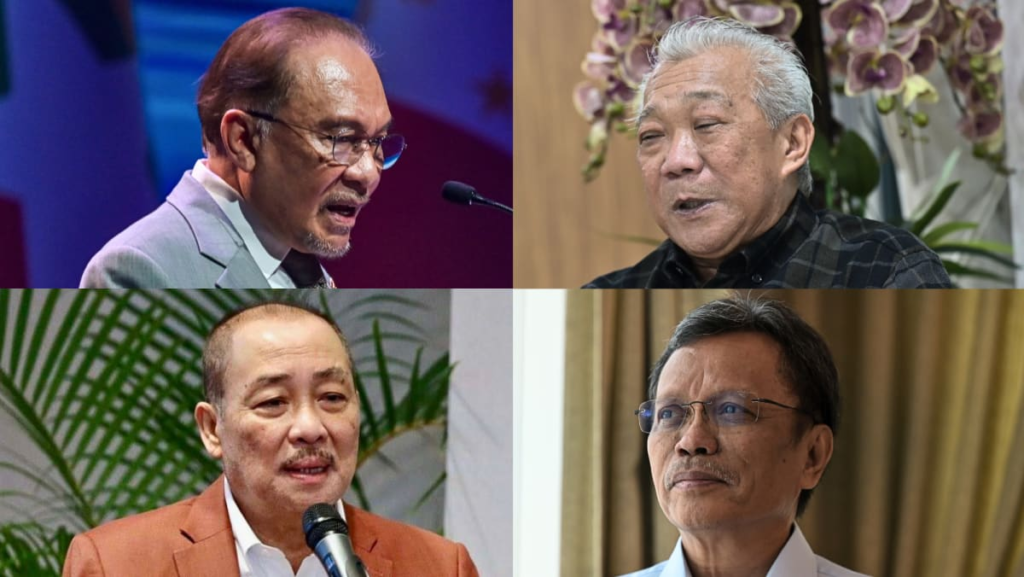Sabah has a long history of political manoeuvres, defections and coups. It is the only state in Malaysia that has changed its government more than five times.
The turbulent political landscape was on full display as recently as 2018, when Malaysia had just concluded its watershed 14th General Election.
The Sabah state election, which was held concurrently, had produced a deadlock: The Warisan-Pakatan Harapan (PH) and Barisan Nasional (BN) coalitions had won 29 seats each, while Parti Solidariti Tanah Airku (STAR) claimed two seats.
On May 10 that year, incumbent Sabah chief minister Musa Aman from BN claimed that he had formed a coalition government of 31 assemblymen from two parties: BN and STAR.
On the same day, he asked Sabah’s governor – the term used for the heads of state in the Borneo states – to appoint him as the chief minister. The governor, Tun Juhar Mahiruddin, agreed.
But the next day, six BN state assemblymen defected to Shafie Apdal’s Warisan party, giving him the support of 35 assemblymen.
On the evening of May 13, the governor requested that Musa step down from the post of chief minister, but Musa declined the invitation. The governor then notified Musa in writing that effective May 12, Musa was “no longer” chief minister.
Shafie was then sworn in as chief minister.
The next Sabah state election, held on Sep 26, 2020, resulted from a coup attempt led by Musa and supported by defectors from the ruling Warisan Plus coalition, comprising Warisan and parties in PH.
Shafie acted swiftly to nullify the coup by gaining consent from the governor to dissolve the state assembly on Jul 30, triggering a snap election.
But Shafie failed to form the government as Warisan Plus managed 32 seats, fewer than Gabungan Rakyat Sabah’s (GRS) 38 seats. At the time, GRS included local parties as well as the peninsula-based United Malays National Organisation (UMNO) and Parti Pribumi Bersatu Malaysia (Bersatu).
Analysts say GRS’ victory was helped by the heft of then-Malaysia prime minister and current Bersatu president Muhyiddin Yassin, who threw his support behind GRS.
But when Bersatu and its Perikatan Nasional (PN) coalition failed to form the federal government following the 15th General Election in 2022, Bersatu’s Sabah assemblymen quit the party en masse.
This group, including the current Sabah chief minister Hajiji Noor, took over the defunct Parti Gagasan Rakyat Sabah (Gagasan) – which was already part of GRS – in December 2022.
The drama would not end there.
In 2023, the state was roiled by a political crisis known as the Kinabalu Move. It began on Jan 6, when BN withdrew support for Hajiji.
This led to a failed coup attempt by Sabah UMNO leader Bung Moktar Radin and Warisan’s Shafie.
The crisis concluded with the state assembly’s approval of an anti-hopping law on May 23, aimed at reducing political instability.
https://www.channelnewsasia.com/asia/malaysia-sabah-election-2025-anwar-politics-5237286


